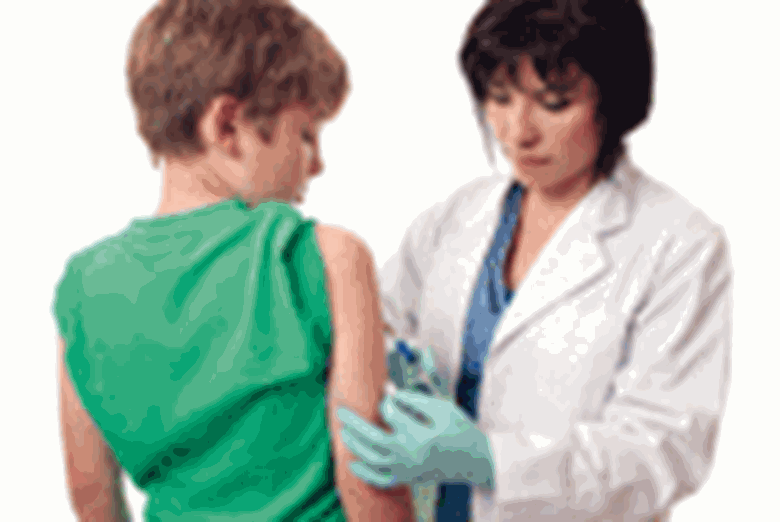A Unique Child: Health: A guide to ... Measles
Tuesday, November 4, 2008
A drop in the uptake of the MMR vaccine has led to an increase in this virus with the spotty rash. The WellChild helpline offers advice.

What is measles?
Measles is an infectious disease caused by the measles virus. It can affect anyone of any age but is more common in young children under the age of four years. Measles is a notifiable disease, which means that if a doctor sees a patient whom they suspect has it, he or she is required by law to report it.
Measles is now relatively uncommon in the UK because of the introduction of the MMR vaccine in 1988 which offers protection against measles, mumps and rubella (German measles). However, uptake of the vaccine has fallen significantly since 1995, which has led to a number of outbreaks of measles in the UK. Between 1996 and 2007, cases of measles in England and Wales rose from 112 to 971 (Health Protection Agency).
What causes measles?
Measles is a contagious infection which is passed from person to person. The virus lives in droplets from the nose and mouth so is spread by coughing and sneezing. It can also live on surfaces for a few hours. Once a person has been exposed to the virus, it can take from six to 21 days before they develop the symptoms. Usually symptoms develop after ten days, with the rash appearing two to four days later. A person is at their most infectious before the rash actually develops. They remain infectious until five days after the rash has appeared.
What are the signs and symptoms?
The virus lives in the mucus of the throat and nose, so children who contract measles tend to start developing cold-like symptoms such as a fever, red eyes, a runny nose and eyes, a cough and a sore throat.
Within a few days the rash will start to develop - red spots will spread from the forehead and around the ears, over the face, neck and down to the rest of the body.
At first the spots are tiny, but they become large quickly and start to join together. This rash usually lasts for a week. The child will also develop tiny white/grey spots called Koplik's spots in the mouth and throat.
Other symptoms can include sensitivity to light and also aches and pains. If there are no complications, a child will usually recover within seven to ten days. However, some children may develop complications such as diarrhoea, croup, pneumonia and ear infections.
A very small number can go on to develop more severe and life-threatening illnesses such as encephalitis and a rare but fatal condition called subacute sclerosing pan-encephalitis. Complications are more likely to be seen in children who have a pre-existing health condition or who are undernourished. A million children a year die from measles - mostly in poor countries where they are malnourished and vaccinations are not routinely offered.
Pregnant women are also at risk if they contract measles. It can be passed on to the baby and can cause miscarriage, early onset of labour or a baby with low birthweight.
How is measles treated?
There is no treatment for measles as the infection is caused by a virus, so antibiotics are not effective. Only the symptoms can be treated - this includes medicines such as paracetamol and ibuprofen to relieve the fever and aches and pains.
Patients should also drink plenty of fluids to prevent dehydration. Turning the lights down and closing the curtains will also relieve a child's sensitivity to light.
How can measles be prevented?
The MMR vaccine offers excellent protection against the illness. Children in the UK are offered this vaccine at about 13 months of age and again between the ages of three and five. Those who are immunised are unlikely to catch measles, but as with all vaccines, the MMR isn't 100 per cent effective.
There is no single measles vaccine currently licensed for use in the UK.
If a child does contract measles they are unlikely to get it again because they will develop immunity against the virus.
Caring for a child with measles in a childcare setting
A child with measles should not be in contact with other people who have not previously had it or who have not had the vaccination, because it is highly contagious.
The Health Protection Agency therefore recommends that children should be kept away from a childcare setting for five days after the onset of the rash.
All female staff under the age of 25 years who work with young children should be protected against contracting measles by having previously had two doses of the MMR vaccine.
Further information
You can contact WellChild Helpline on 0808 801 0330, email helpline@wellchild.org.uk or text 0778 147 2599




